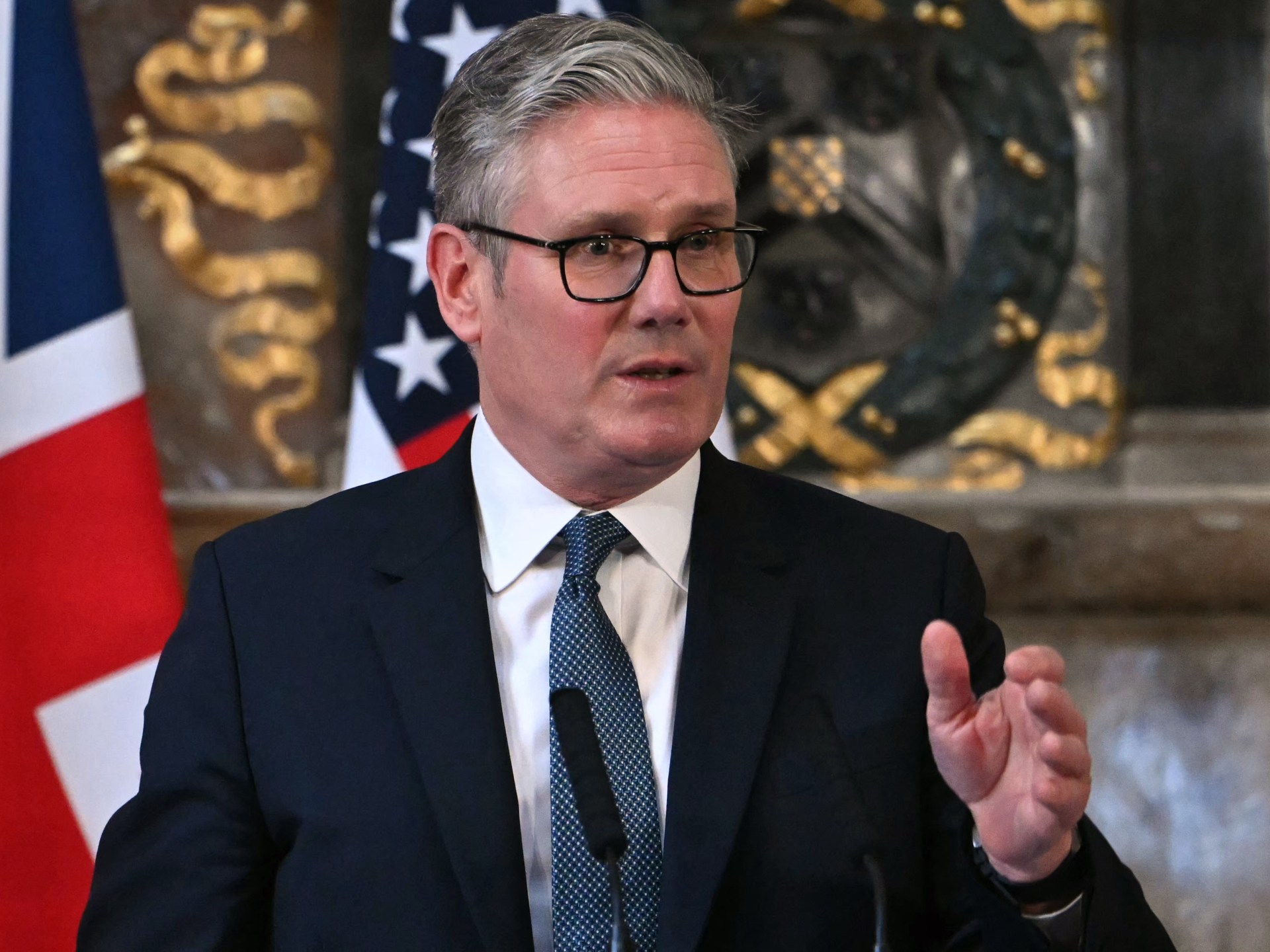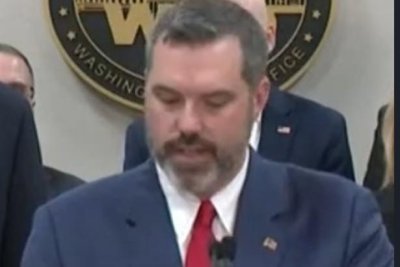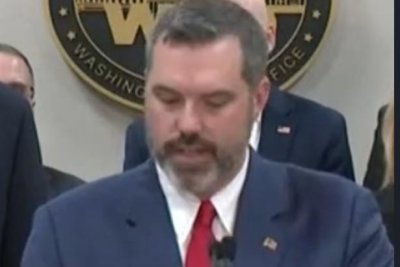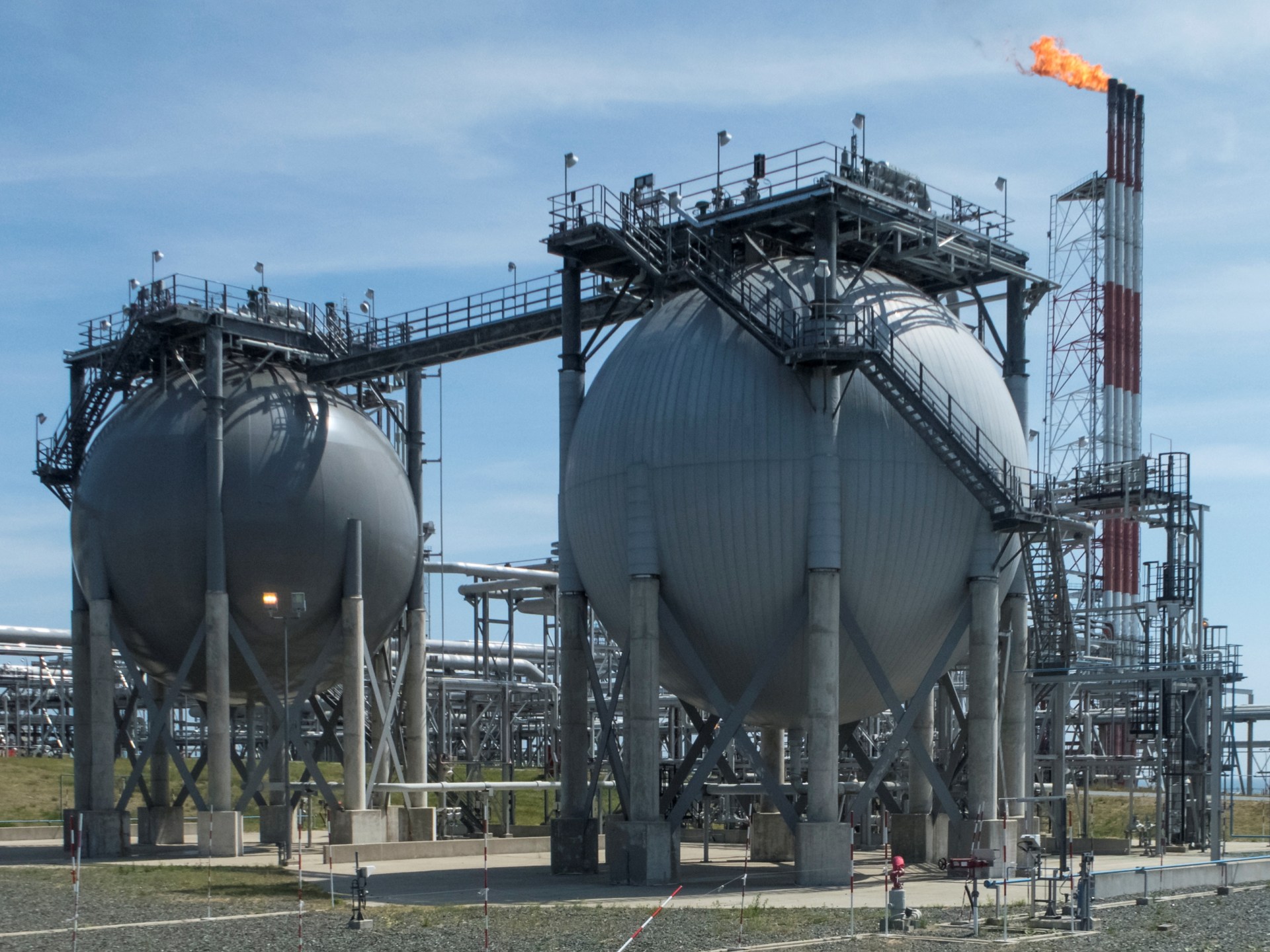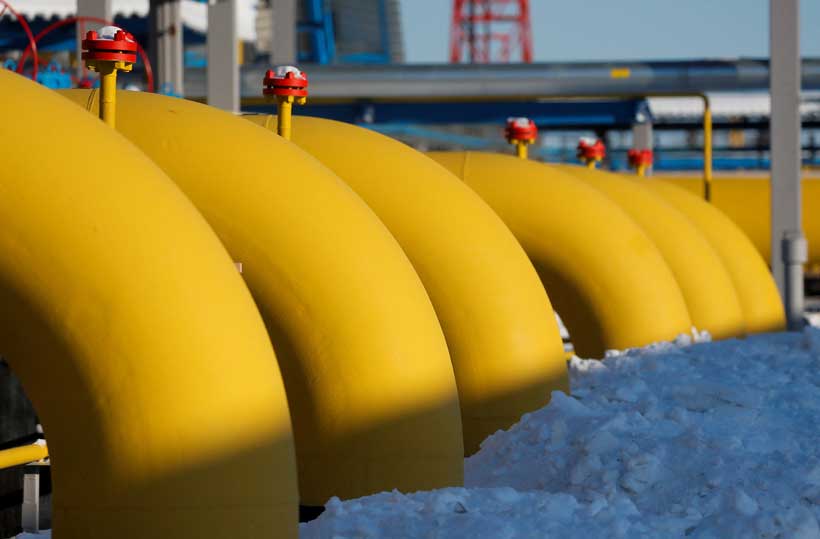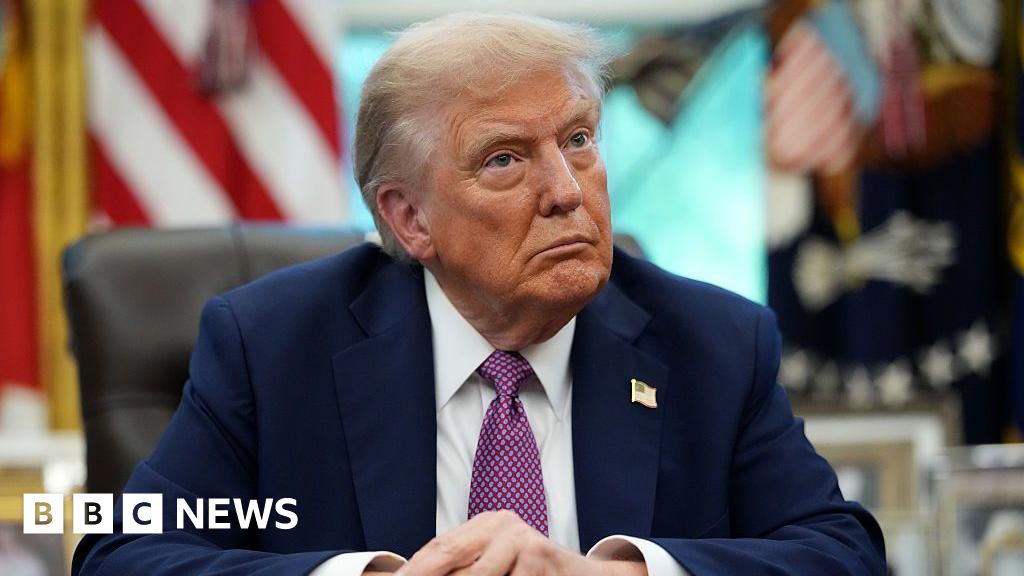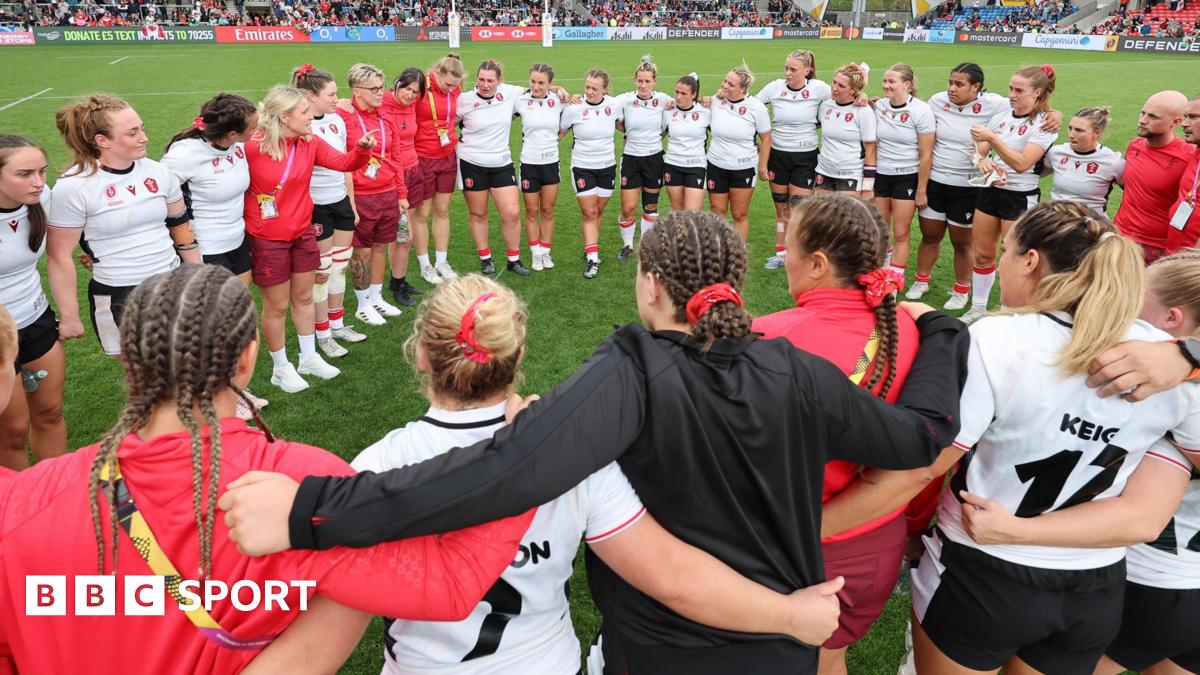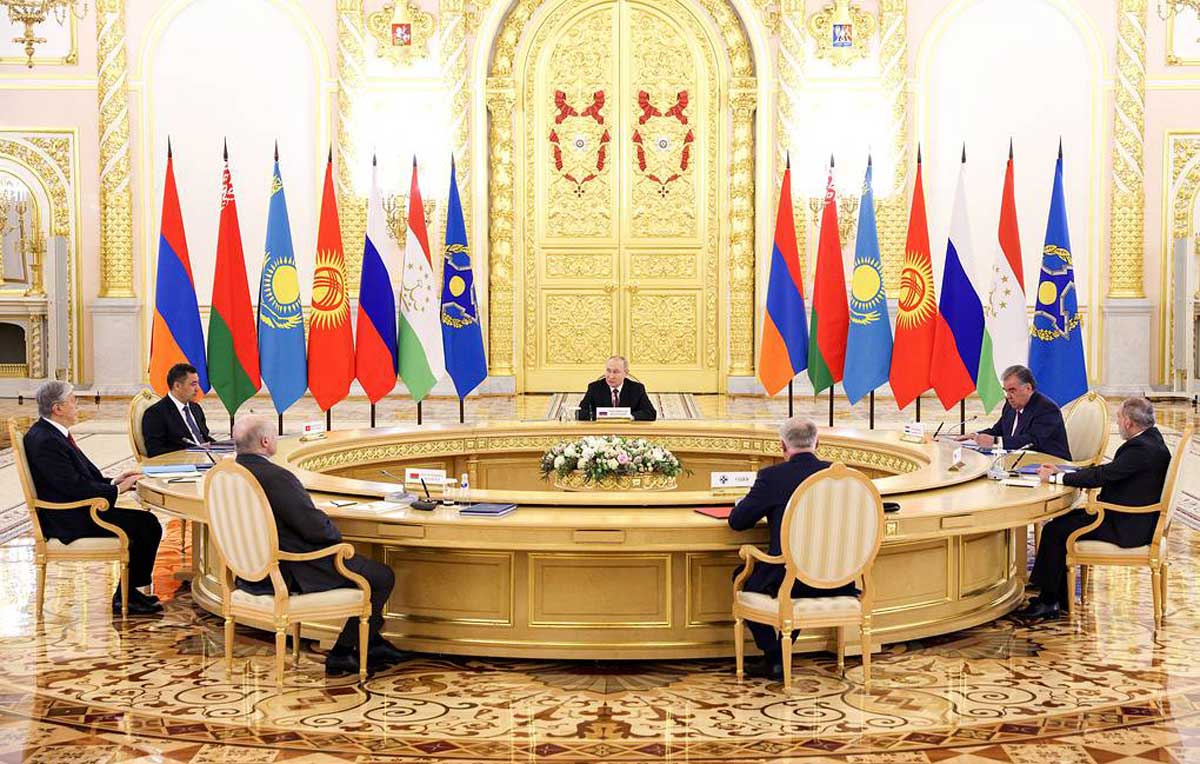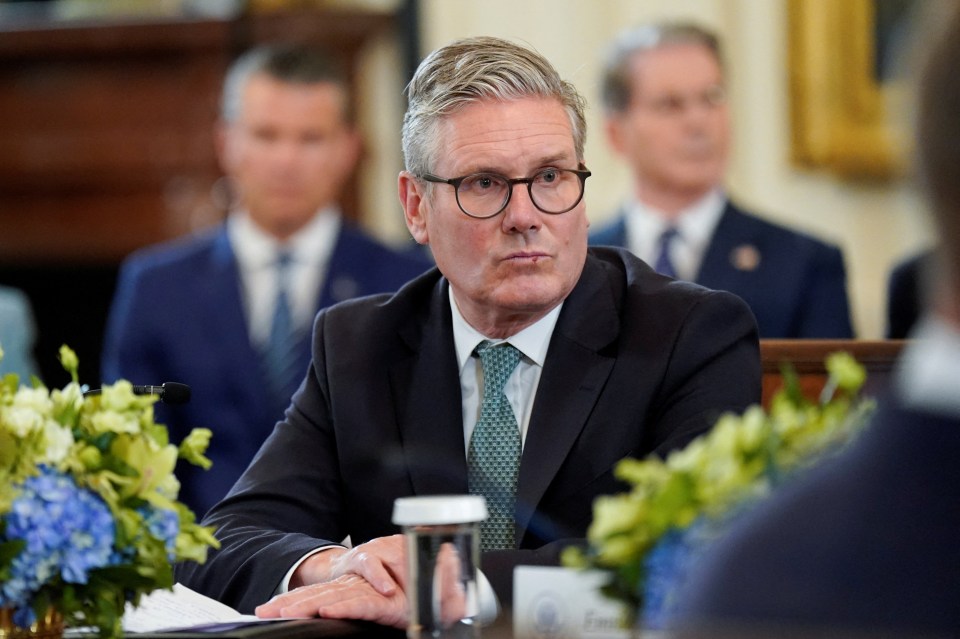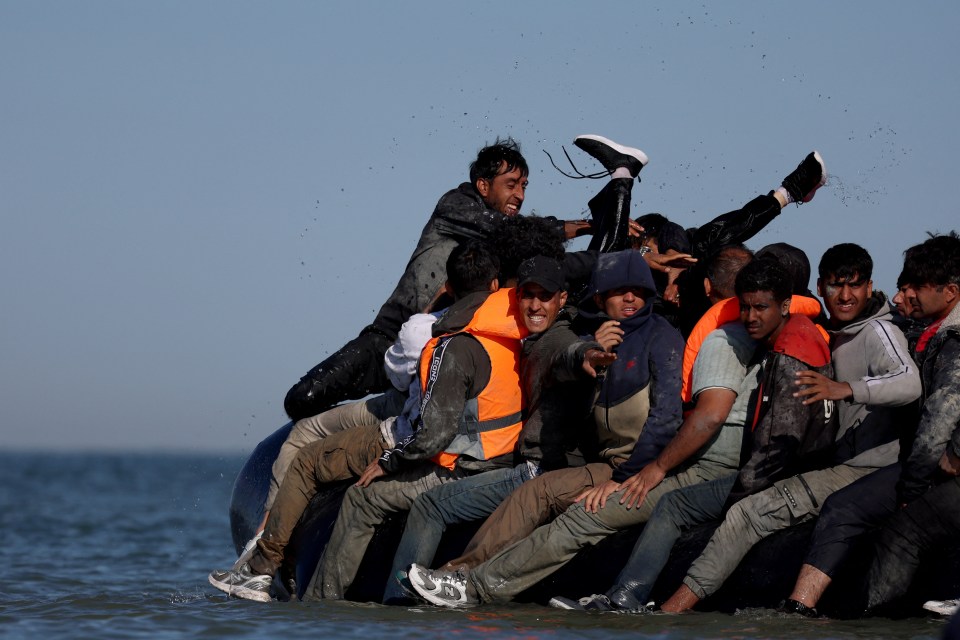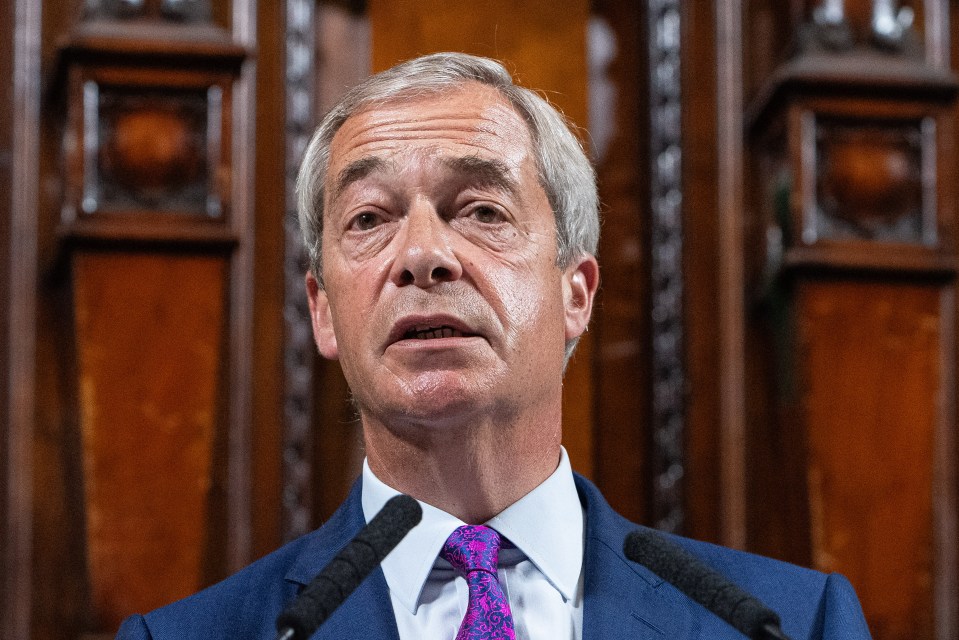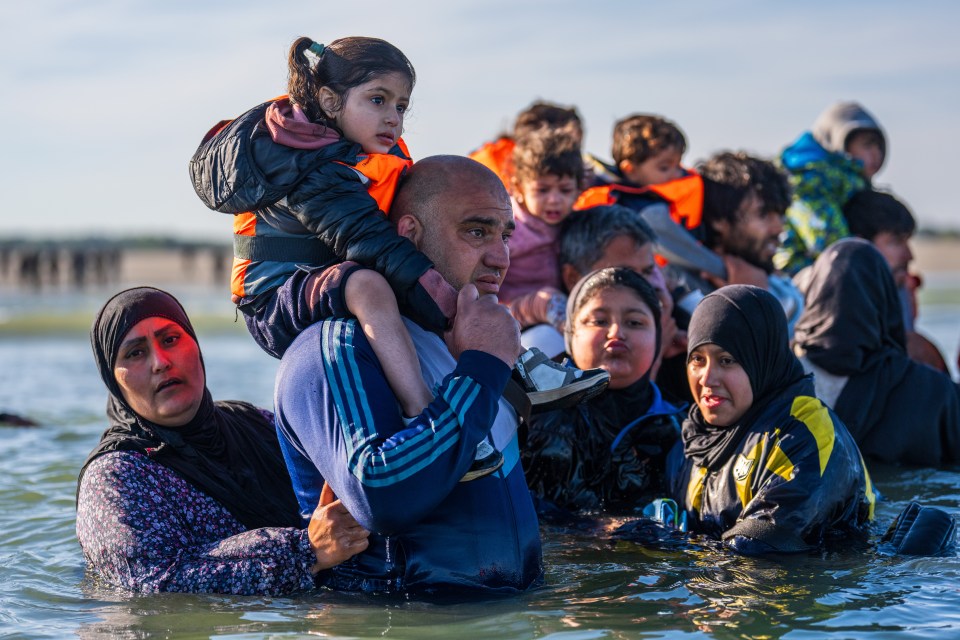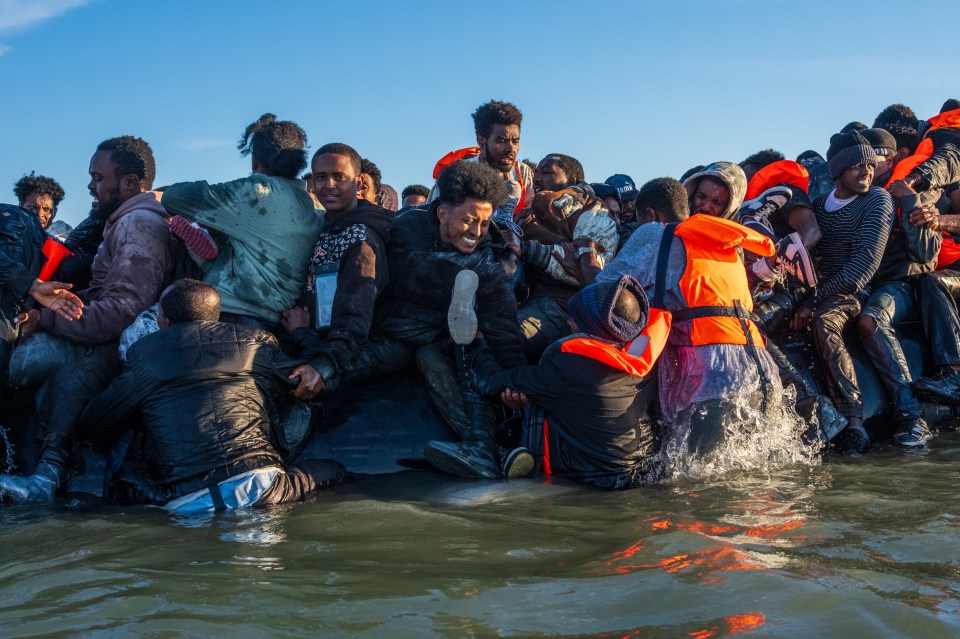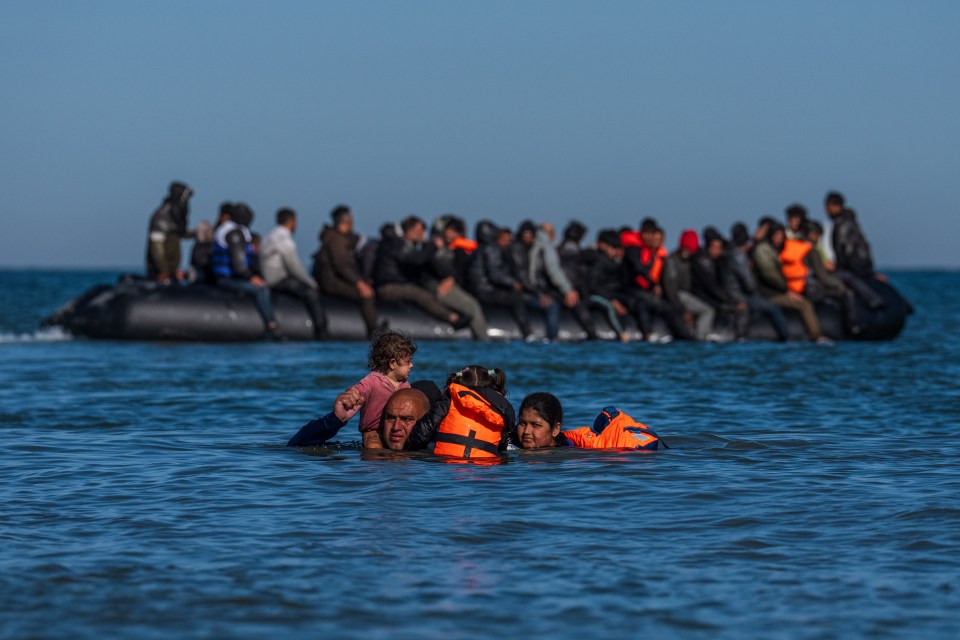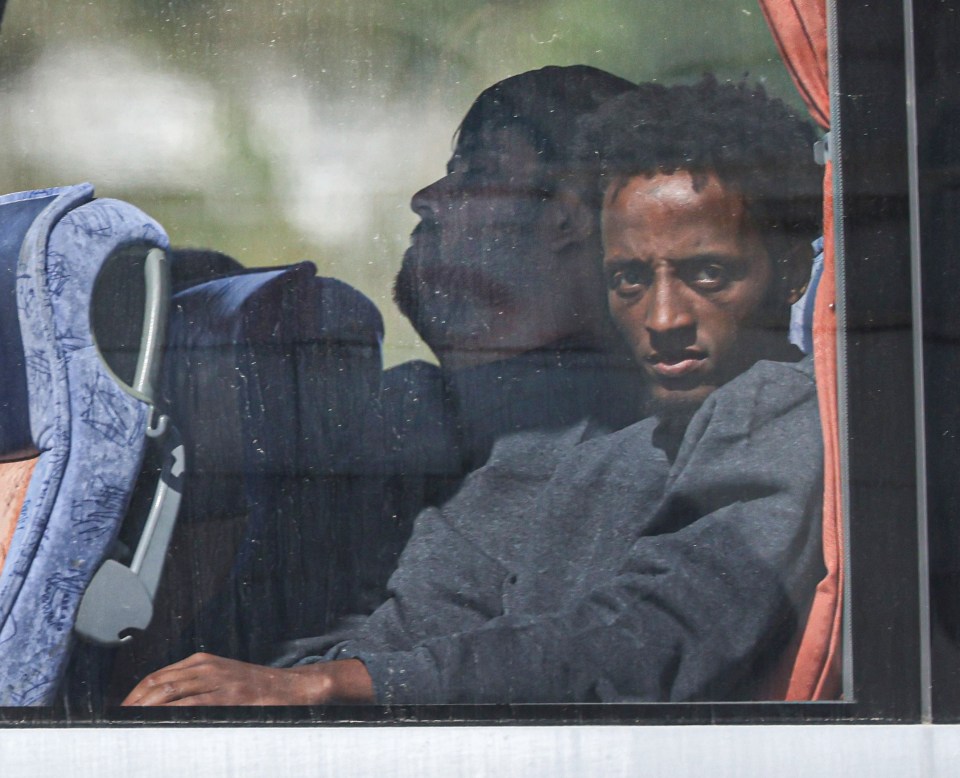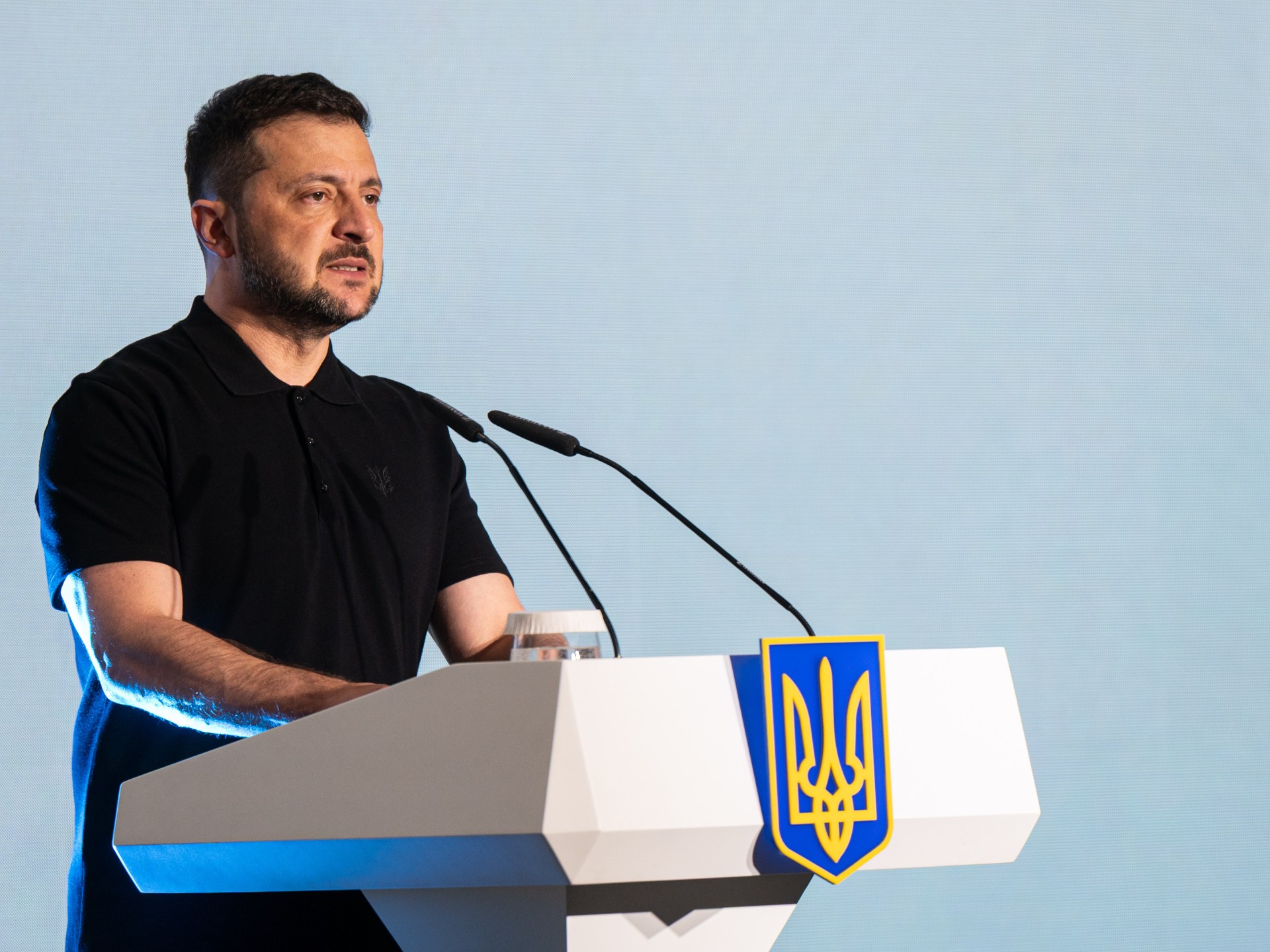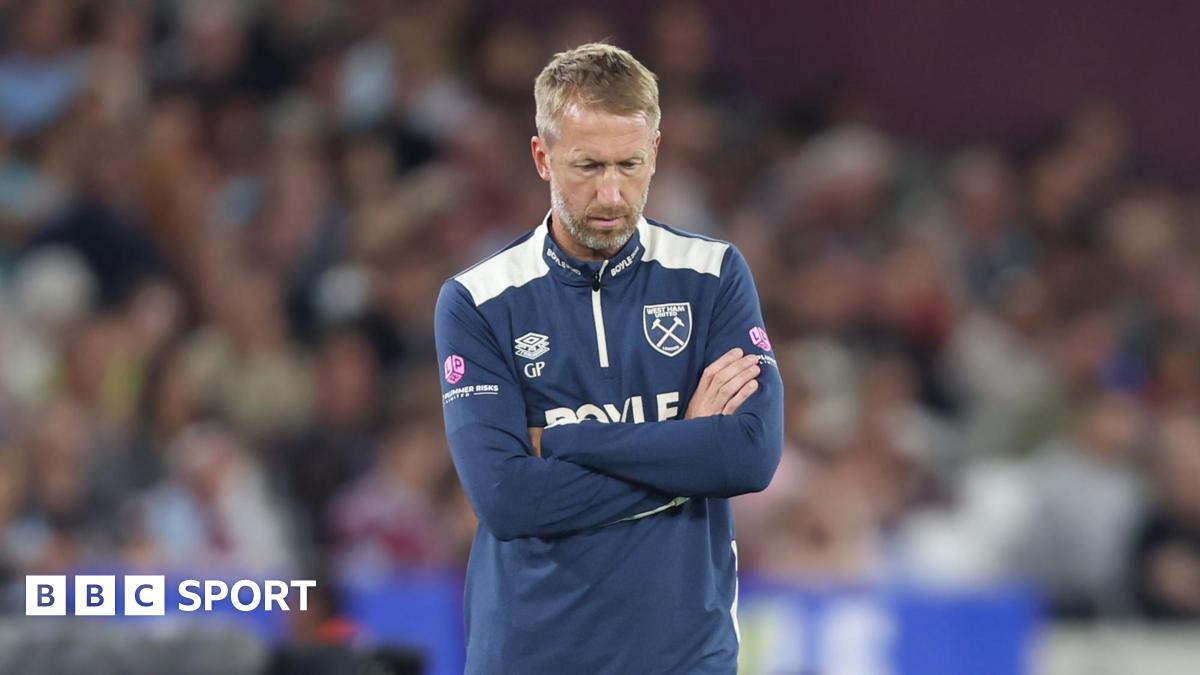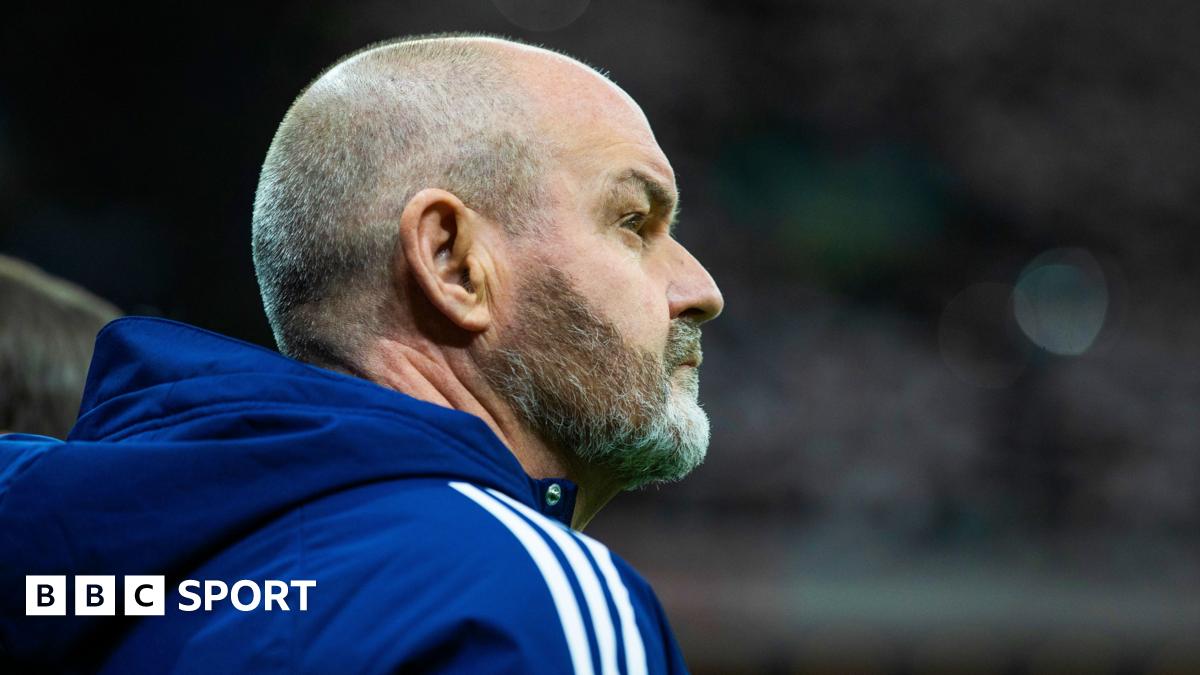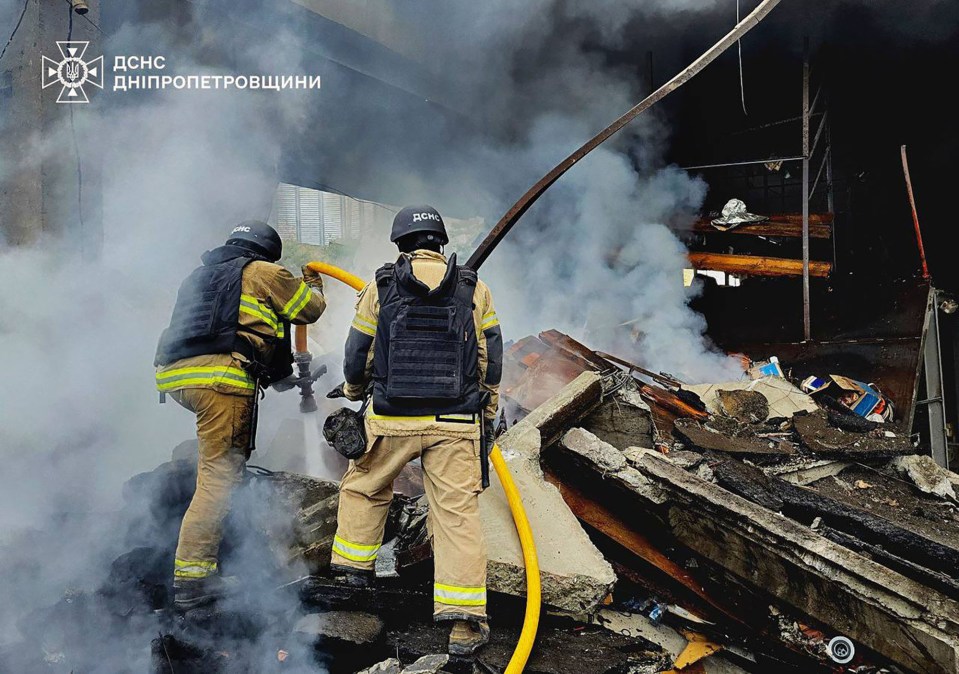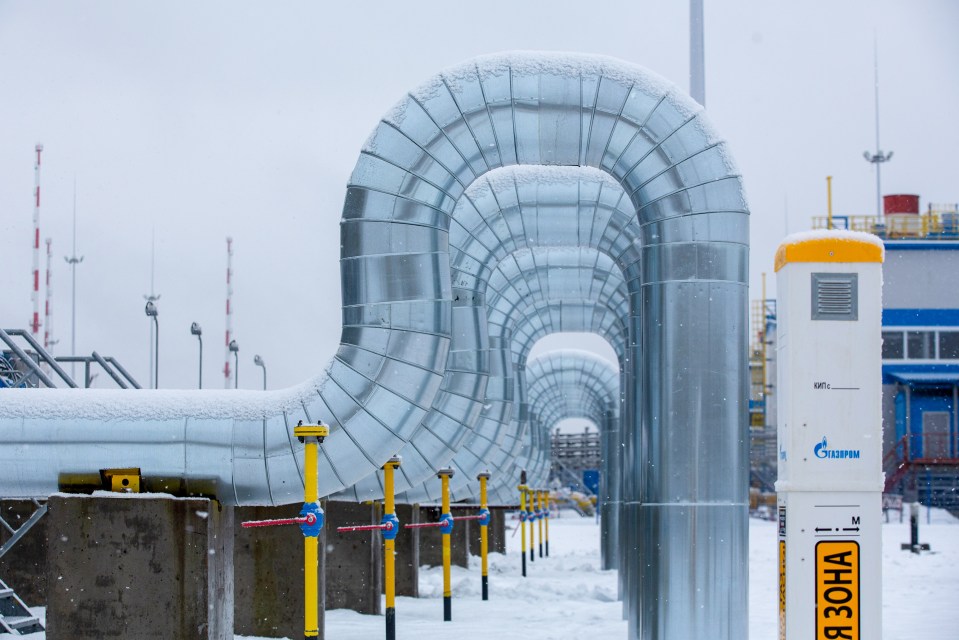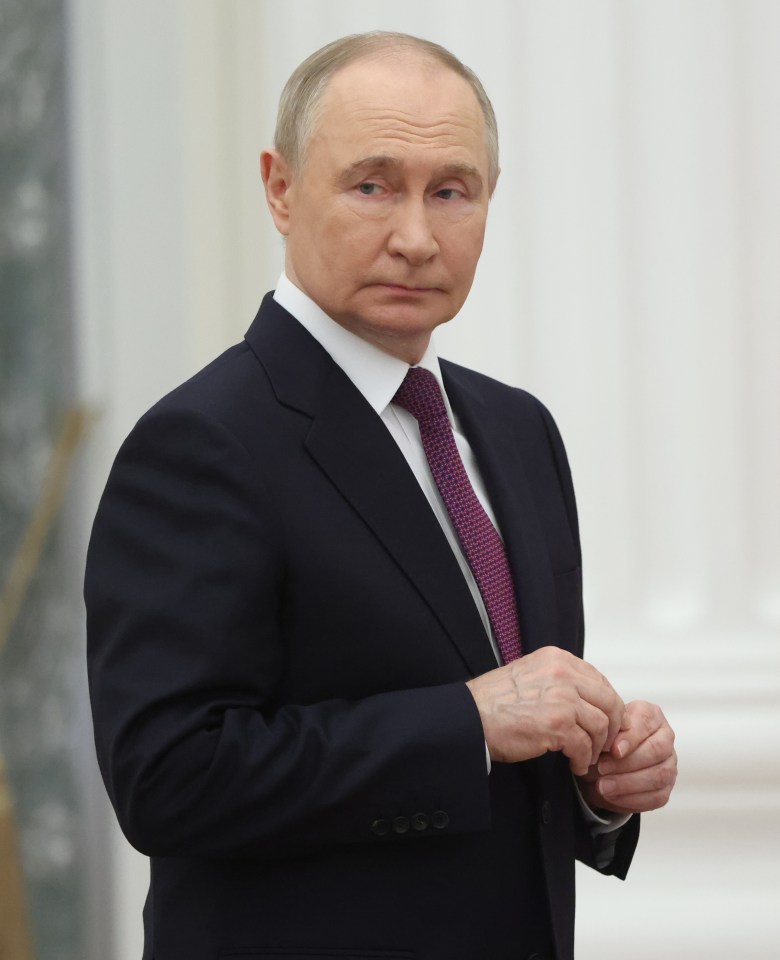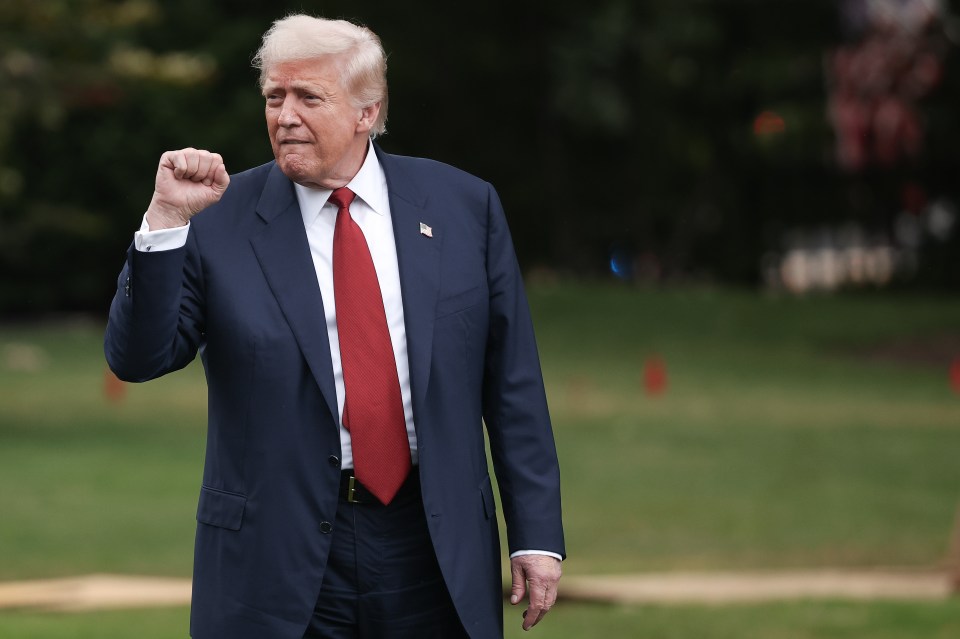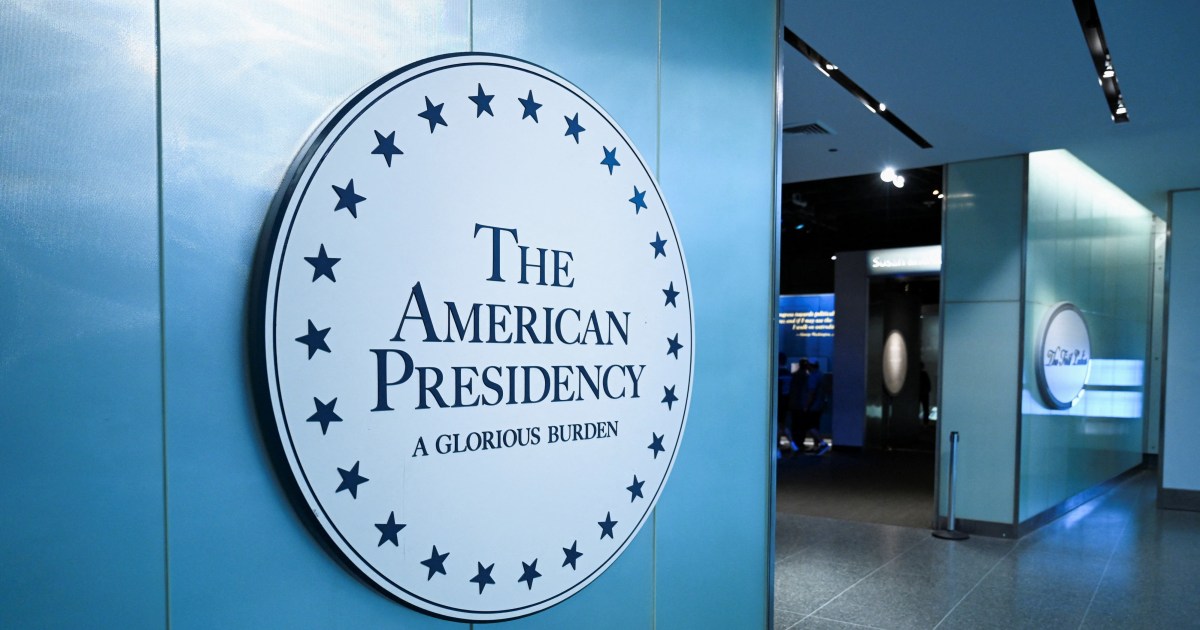UK plans compulsory digital ID as populist pressure over immigration rises | Migration News
The scheme, which government says will curb undocumented immigration, has drawn criticism from across the political spectrum.
The United Kingdom has announced plans to introduce a digital ID scheme in a bid to curb undocumented immigration.
Announced by the government on Friday, the scheme will see the digital ID of British citizens and residents held on phones. The government said there will be no requirement for individuals to carry their ID or be asked to produce it, but that it will be “mandatory” for workers.
Recommended Stories
list of 3 itemsend of list
The UK has long resisted the idea of Identity cards, which were abolished after World War II, but Prime Minister Keir Starmer’s Labour government is under pressure to tackle immigration that populist forces claim is uncontrolled.
The free digital ID would include a person’s name, date of birth, and photo, as well as information on their nationality and residency status.
It will be “mandatory as a means of proving your right to work”, a government statement said.
“This will stop those with no right to be here from being able to find work, curbing their prospect of earning money, one of the key ‘pull factors’ for people who come to the UK illegally,” it added.
The digital ID will also make it simpler to apply for services like driving licences, childcare and welfare, while streamlining access to tax records, the statement said.
“Digital ID is an enormous opportunity for the UK… It will also offer ordinary citizens countless benefits,” Starmer said. “It will make it tougher to work illegally in this country, making our borders more secure.”
‘Digitally excluded’
The plans, which the government had previously said it was considering, drew criticism from across the political spectrum.
The centrist Liberal Democrats said they would not support mandatory digital ID where people are “forced to turn over their private data just to go about their daily lives”.
Liberal Democrats cannot support mandatory digital IDs. People shouldn’t be criminalised just because they don’t want to hand over their private data. pic.twitter.com/mEzV7s9vUf
— Liberal Democrats (@LibDems) September 25, 2025
Kemi Badenoch, leader of the opposition Conservative Party, wrote on X that her party “will oppose any push by this organisation or the government to impose mandatory ID cards on law-abiding citizens”.
“We will not support any system that is mandatory for British people or excludes those of us who choose not to use it from any of the rights of our citizenship,” she added.
The far-right Reform UK party called the plans a “cynical ploy” designed to “fool” voters into thinking something is being done about immigration.
It also sought to tap into longstanding British suspicions regarding national ID schemes, which are common in most of Europe.
“It will make no difference to illegal immigration, but it will be used to control and penalise the rest of us,” said Reform leader Nigel Farage.
I am firmly opposed to @Keir_Starmer’s digital ID cards.
It will make no difference to illegal immigration, but it will be used to control and penalise the rest of us.
The state should never have this much power.
— Nigel Farage MP (@Nigel_Farage) September 25, 2025
In the 2000s, the Labour Party, then led by Tony Blair, attempted to introduce an identity card, but the plan was eventually dropped by Blair’s successor, Gordon Brown, after opposition called it an infringement of civil liberties.
However, with populist narratives regarding immigration now rife, the government appears to be betting that such concerns will override the longstanding opposition.
The timing of the announcement appears no coincidence, coming as Labour prepares to hold its annual conference.
A petition demanding that ID cards not be introduced had collected 575,000 signatures by early Friday, but recent polling suggests majority support for the move.
